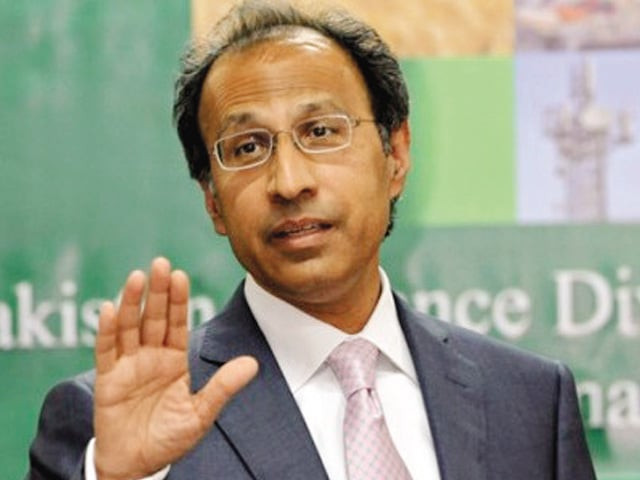Fuel prices: Government may launch targeted subsidies
Ability to carry out reforms subject to coalition politics.

The government may switch from general to targeted fuel subsidies to facilitate the neediest citizens if global oil prices keep rising, stated Finance Minister Abdul Hafeez Shaikh on Friday.
The disclosure comes on the heels of the government’s decision to reduce the magnitude of its increase in domestic petroleum prices by half after it came under pressure from its coalition allies, the Muttahida Qaumi Movement (MQM).
Petrol prices are now expected to rise by an average of 4.95 per cent, as opposed to the earlier proposal of 9.9 per cent.
“The approach is that instead of giving general subsidies to the people, the government will rather give targeted subsidies, and will also take all possible efforts to ensure that these are not abused by the wealthy people,” said Sheikh.
It may be mentioned that the government still has to seek approval for this proposal from the International Monetary Fund (IMF), which has already expressed its opposition with respect to the subsidies.
The quantity and the mechanism for these targeted subsidies are therefore yet to be finalised.
Sheikh stated that it was inappropriate for the wealthy to receive subsidies on petroleum products as much as the poorer people.
The administration has come under sharp criticism for apparently backtracking on an economically necessary decision in the face of political expediency.
“I think after political consultation five per cent increase in the petroleum products is appropriate,” stated the finance minister.
“In any country the economic managers have to strike a balance between public desire, politically possible things and economic requirements of the country.”
The minister, however, seemed to have some trouble maintaining that balance during his meeting with the press in Islamabad.
At one point, he reiterated the government’s position that rising international oil prices meant that petroleum subsidies were no longer affordable.
He also criticised politicians for trying to hijack the economy for political purposes.
“We have to restrain ourselves from playing politics with sensitive economic issues, as point scoring on crucial economic issues will destroy the economy.”
However at another occasion, he said that the “political consensus was the need of the hour.”
Ultimately, however, the finance minister seemed to conclude that his ability to pursue economic policies was dependent on the strength of the ruling coalition in Parliament.
“The government wants to carry forward the reforms agenda but cannot afford to lose political support.”
Published in The Express Tribune, March 5th, 2011.



















COMMENTS
Comments are moderated and generally will be posted if they are on-topic and not abusive.
For more information, please see our Comments FAQ